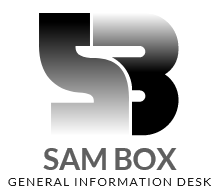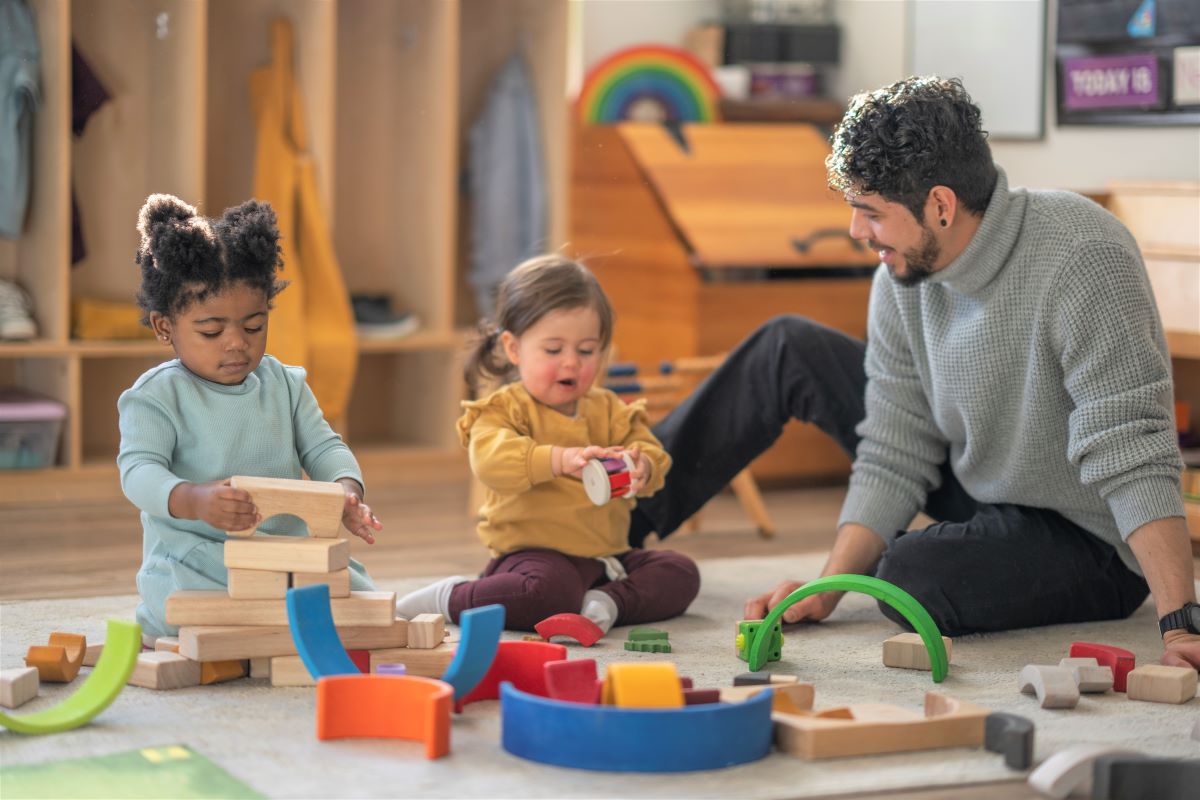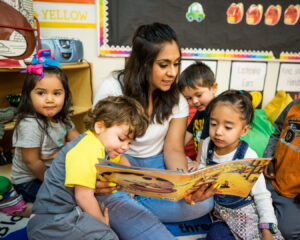Discover exciting, fully funded early childhood education courses in New Zealand. Learn about qualifications, teaching theories, study options, and career opportunities in this high-demand field.
Free Early Childhood Education Courses NZ
In New Zealand, the future of education begins in the earliest years—and so can your career. With free early childhood education (ECE) courses now more accessible than ever, aspiring educators have the golden opportunity to shape young lives while building meaningful, lifelong careers. Whether you’re passionate about child development or inspired by the great educational theorists, the path starts here.
Let’s explore how New Zealand supports your dream to teach young children—through free, flexible, and highly respected ECE qualifications.
Theories of Child Development
Understanding child development is the foundation of any quality early childhood education programme. ECE students in New Zealand are introduced to globally recognised theories that explain how young children grow, learn, and relate to the world.
These theories not only influence teaching styles but also shape early childhood education and care (ECEC) policies. From emotional development to cognitive learning, these concepts help future educators meet the unique needs of every child.
Froebel’s Play Theory
Friedrich Froebel, the founder of the kindergarten movement, believed that play is the highest expression of human development in childhood. His work laid the groundwork for structured, playful learning in nursery education.
Free early childhood education courses in NZ integrate Froebel’s Play Theory into their curricula, emphasizing creativity, imagination, and outdoor play. These values align beautifully with New Zealand’s nature-based learning environments and commitment to holistic development.
Maria Montessori’s Theory
Maria Montessori revolutionised ECE by introducing child-led learning environments that nurture independence, curiosity, and self-discipline. Her method is grounded in respect for the child’s natural psychological development.
Montessori principles continue to inspire New Zealand’s early childhood centres. Students studying through Open Polytechnic or Te Pūkenga gain a deep appreciation for Montessori’s influence, particularly in designing learning spaces and personalised instruction.
Vygotsky’s Socio-Cultural Learning Theory
Lev Vygotsky’s theory introduced the idea that social interaction plays a critical role in learning. His concept of the Zone of Proximal Development (ZPD) is a core idea in education theory today.
Free ECE courses in New Zealand encourage prospective educators to foster meaningful connections and guided learning, especially in group activities. These principles are woven into practice-based education to support diverse learners.
Piaget’s Constructivist Theory
Jean Piaget believed children are active builders of knowledge. According to his stages of cognitive development, children understand the world differently at each age.
ECE qualifications in NZ apply Piaget’s insights to develop teaching strategies that respect individual learning paces. Learners are trained to observe, document, and adapt curricula to suit the evolving needs of children.
Kolb’s Experiential Learning Theory
David Kolb’s model of learning through experience resonates deeply with early childhood education. His theory identifies four learning styles—concrete experience, reflective observation, abstract conceptualisation, and active experimentation.
By studying Kolb’s theory, aspiring educators learn to engage children through hands-on activities, reflection, and exploration. This is particularly relevant in home-based educators’ programmes and volunteer ECE placements.
Bronfenbrenner’s Ecological Systems Theory
Urie Bronfenbrenner framed child development within layers of influence: family, community, society, and culture. His ecological systems model encourages educators to consider how external environments shape children.
In New Zealand, this holistic view supports inclusive education practices. Free courses equip learners to work sensitively within diverse cultural and socioeconomic contexts, creating equitable learning environments.
Practical Implications of Early Childhood Education
Theories are only as valuable as their application. That’s why New Zealand’s early childhood education and care system champions hands-on, real-world training. Students learn to create rich, stimulating environments and build responsive relationships with children.
Practice-based education ensures graduates are job-ready, competent in curriculum development, and confident in applying child-centred philosophies. Whether in kindergartens, childcare centres, or home-based settings, learners are equipped to thrive.
The Perry Preschool Project
This landmark U.S. study highlighted the long-term benefits of high-quality preschool education. Children who attended the Perry Preschool Programme had better outcomes in education, employment, and social behaviour.
New Zealand’s free ECE courses reference this research to stress the life-changing value of early education. The study provides strong evidence for investing in skilled educators—like you.
International Agreements
New Zealand aligns its early childhood education with global best practices. Agreements such as the United Nations Convention on the Rights of the Child inform policies that place children’s well-being at the centre.
By enrolling in ECE courses here, students benefit from a globally recognised education system. This opens opportunities to work abroad or contribute to international early learning frameworks.
Curricula in Early Childhood Care and Education
The New Zealand early childhood curriculum—Te Whāriki—is a unique, world-class document grounded in empowerment, holistic development, and family partnerships.
Free ECE courses explore how to implement Te Whāriki across diverse settings. Students learn to integrate cultural values, develop inclusive lesson plans, and evaluate learning outcomes effectively.
Barriers and Challenges
While the ECE sector is rich with opportunity, it’s not without challenges. These include teacher shortages, funding gaps, and the need for more culturally responsive teaching.
However, government initiatives and accessible training programmes are breaking down these barriers. Free early childhood education courses provide a gateway for more people—especially Māori and Pasifika—to enter this vital profession.
Orphan Education
Orphaned or vulnerable children often face developmental delays due to trauma and instability. High-quality ECE can make a transformative difference in their lives.
NZ courses train educators to work compassionately with at-risk children, guided by educational psychology and child protection principles. This commitment reflects the nation’s broader goals of equity and inclusion.
Notable Early Childhood Educators
New Zealand’s training programmes honour the legacies of educational pioneers:
- Friedrich Froebel – Kindergarten founder
- Maria Montessori – Self-directed learning advocate
- Lev Vygotsky – Social learning theorist
- Jean Piaget – Cognitive development expert
- David Kolb – Experiential learning innovator
- Urie Bronfenbrenner – Ecological systems model creator
Their philosophies remain cornerstones of early childhood education today.
New Zealand Certificate in Early Childhood Education and Care (Level 4)
This qualification is your entry point into the rewarding world of ECE. It’s nationally recognised, practice-based, and aligned with Te Whāriki.
Level 4 Certification is available through top providers like Open Polytechnic and Te Pūkenga, often at no cost for eligible students. This makes professional training more accessible than ever before.
Qualification Overview
The NZ Certificate (Level 4) prepares you to support licensed ECE services, engage in child development, and apply teaching frameworks.
It’s perfect for those seeking to become early childhood educators, teacher aides, or progress to a teaching degree. Many use it as a stepping stone toward a Bachelor of Teaching (ECE).
Study Requirements
To enrol, you generally need to be:
- Aged 17+
- A New Zealand citizen or resident
- Committed to working or volunteering in an ECE setting
You’ll complete around 120 credits through distance learning, online modules, and supervised practical placements in licensed centres.
Career Opportunities
Graduates are ready for roles such as:
- Early Childhood Educator
- Home-Based Educator
- Teacher Aide
- Nanny or Caregiver
- Further study into teaching degrees
This is a high-demand field. With free training, your journey into a secure, fulfilling career is within reach.
Fees and Funding
Thanks to government initiatives like Fees Free, your first year of tertiary education may be fully covered. Eligible students can also apply for:
- StudyLink support (allowances, student loans)
- Employer-based funding
- Scholarships via TeachNZ or providers like Open Polytechnic
It’s never been easier—or more affordable—to start your journey in early childhood education.
Conclusion
New Zealand is leading the way in early childhood education. Through free, flexible, and theory-rich training programmes, you’re not just learning to teach—you’re learning to transform lives. From global theorists like Piaget and Montessori to New Zealand’s own Te Whāriki, this journey is one of inspiration, purpose, and impact.
Whether you’re changing careers, just starting out, or returning to education, now is the perfect time to step into the world of ECE.
FAQs
- Who is eligible for free early childhood education courses in New Zealand?
Domestic students who are new to tertiary education or working in ECE may be eligible for free courses through Fees Free, apprenticeships, or scholarships. - Can I study early childhood education online in NZ?
Yes. Providers like Open Polytechnic and Te Pūkenga offer flexible, fully online learning options with practical placements. - What is the difference between Level 3 and Level 4 ECE certificates?
Level 3 is introductory. Level 4 is the minimum qualification to work in licensed ECE services and offers a pathway to teaching degrees. - Are there career opportunities after completing Level 4 ECE?
Absolutely! You can become a home-based educator, work in childcare centres, or continue toward a teaching qualification. - Which government body regulates ECE in New Zealand?
The New Zealand Ministry of Education oversees ECE standards, policies, and funding.



